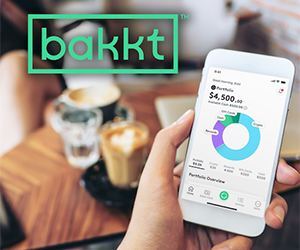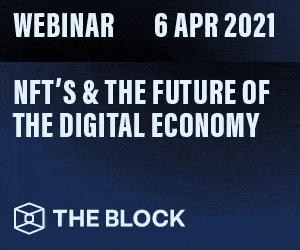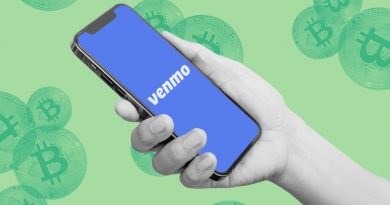Robinhood Suffers Outage as Dogecoin Surges, Regulators Seek Ban
Key Takeaways
- Robinhood briefly halted its crypto trading services last night, during a period in which Dogecoin soared.
- Complaints have poured in on Robinhood’s Twitter feed.
- The popular trading app has had a turbulent week after regulators made moves to ban the app from operating in Massachusetts.
Another crash and a possible Massachusetts ban spell more bad news for Robinhood.
Robinhood Suffers Outage
The Robinhood team announced the issue on Twitter last night. “We’re currently experiencing issues with crypto trading,” a brief note read.
It then followed up to say that crypto trading had been “partially restored.”
The posts were met with a sea of complaints from Robinhood customers. Many accused the app of acting in bad faith.
“You guys experience issues every time the ‘peasants’ start to make money huh?” a Twitter user called Trent Westcamp wrote. “Sure as hell don’t have any issues taking it from everyone.”
“’Issues’” aka because DOGE is in rally mode we don’t want people to trade,” another user added.
Dogecoin surged last night, following a week-long rally that significantly outperformed the rest of the cryptocurrency market. It’s up 376% in the last week, trading at about $0.36 at publication.
Robinhood supports Dogecoin and targets its services in the retail investor market. Its tagline is “democratizing finance for all.”
Dogecoin has been a popular cryptocurrency of choice among the retail market this year, thanks in no small part to the drama that began with GameStop in January. Led by a group of traders on the /r/wallstreetbets subreddit, retail investors memorably pumped GME stocks 1,900% as part of a short squeeze against several hedge funds. They then turned their attention to other assets, including Dogecoin and silver.
The events wreaked havoc across the markets, with some faring worse than others. Robinhood was heavily criticized amid the chaos after it halted the trading of several assets, including Dogecoin.
Following the incident, Robinhood raised $2.4 billion to cover clearinghouse collateral (Robinhood claimed that a collateral crunch was why it had to suspend trading at the time).
Trading App Clashes With Regulators
The response to last night’s outage isn’t the only time Robinhood has come under fire this week. On Thursday, it was revealed that the Massachusetts Securities Division had issued a complaint to revoke the company’s license.
In a statement, the head of the division William Galvin said that Robinhood had failed to care for its customers responsibly. Robinhood had engaged in “aggressively inducing and enticing trading,” including customers “with little or no investment experience,” he said.
If passed, the rule would prevent Robinhood from operating in Massachusetts, potentially blocking out millions of customers.
Robinhood responded by filing a lawsuit to block the fiduciary rule that would make brokers liable for their customers’ interests. In a blog post, Robinhood said that the rule was an attack on its core principles. It read:
“The complaint reflects the old way of thinking: That new, younger, and more diverse investors don’t have a place in the markets. By trying to block Robinhood, the division is attempting to bring its residents back in time and reinstate the financial barriers that Robinhood was founded to break down.”
The information on or accessed through this website is obtained from independent sources we believe to be accurate and reliable, but Decentral Media, Inc. makes no representation or warranty as to the timeliness, completeness, or accuracy of any information on or accessed through this website. Decentral Media, Inc. is not an investment advisor. We do not give personalized investment advice or other financial advice. The information on this website is subject to change without notice. Some or all of the information on this website may become outdated, or it may be or become incomplete or inaccurate. We may, but are not obligated to, update any outdated, incomplete, or inaccurate information.
You should never make an investment decision on an ICO, IEO, or other investment based on the information on this website, and you should never interpret or otherwise rely on any of the information on this website as investment advice. We strongly recommend that you consult a licensed investment advisor or other qualified financial professional if you are seeking investment advice on an ICO, IEO, or other investment. We do not accept compensation in any form for analyzing or reporting on any ICO, IEO, cryptocurrency, currency, tokenized sales, securities, or commodities.
See full terms and conditions.
Source: Read Full Article





